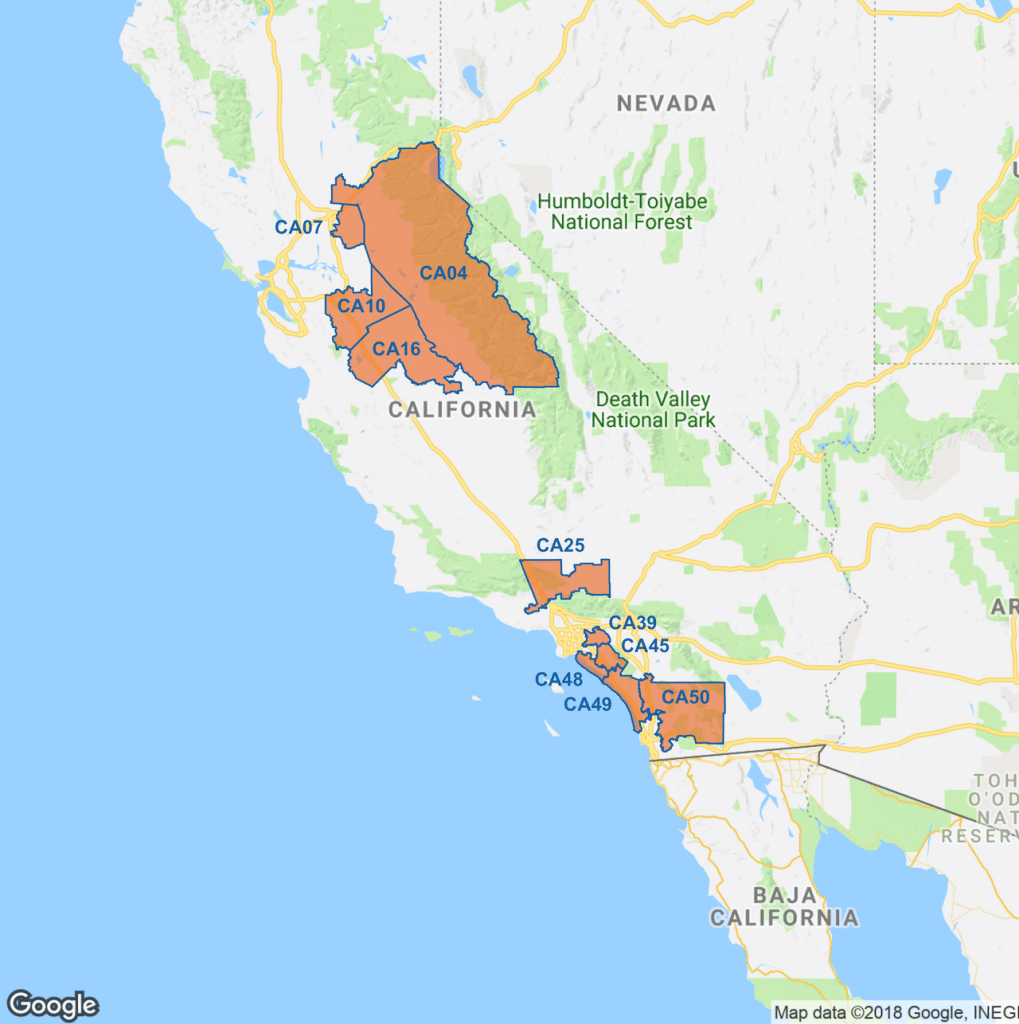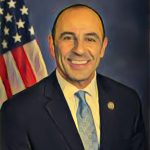
U.S. House of Representatives
Job Description
For the 116th time in history, the entire U.S. House of Representatives is hiring for all 435 positions.
Politically ambitious Californians have applied for one of 53 positions in the state’s congressional delegation. Duties include:
- Attend floor sessions and vote on bills
- Occasionally write bills
- Help investigate Russia’s interference in the 2016 election
- Help investigate the FBI’s investigation of Russia’s interference in the 2016 election
- Channel the concerns of the 700,000 or so people who live in their district and convince 434 other colleagues to care about them too
- Spend a lot of time asking donors for money
If at least 23 of the positions currently held by Republicans nationwide become filled by Democrats after the 2018 election, the House will undergo a change of party management. With this possibility in mind, Democratic hires should demonstrate strong writing skills—namely, they may be expected to author not only bills and resolutions, but possibly articles of impeachment.
This is a two-year contract position with the (strong) possibility of (virtually indefinite) renewal. Travel to and from D.C. is required.
Hiring Update
Voters: You and some 700,000 of your closest neighbors have been tasked with hiring a member of the U.S. House of Representatives. It’s a choice that will determine how your city or town is represented in Washington—and it could very well decide which party controls Congress in 2019. And some of the fiercest competition is happening here in California.
Not a single California seat changed parties in 2016 and turnout on the left is often lower in the midterms. But Democrats have reasons to be optimistic this time around. The president’s party almost always loses ground in midterm elections (the median loss in the House is 22 seats, but the numbers are worse when the president is unpopular). In the special congressional elections since 2016 in which a Republican has squared off against a Democrat, Democrats have outperformed Hillary Clinton’s electoral margins by an average of nearly 15 points.
That’s bad news for California’s 14 GOP House members, half of whom represents districts that Clinton carried—a sign that many California Republicans aren’t sold on President Trump’s brand of politics. Meanwhile, registered Democrats now outnumber registered Republicans in three of those GOP-held districts.
That said, those Republicans who still have jobs in blue California must have something going for them. And this year, they’re hoping that popular support for a ballot measure that will reduce the state’s gas tax and opposition to the state’s sanctuary state policy will serve as a seawall against the predicted blue wave.
The H.R. department has provided additional analysis for the following ten competitive positions:

- CA-04 (current job holder: Tom McClintock)
- CA-07 (Ami Bera)
- CA-10 (Jeff Denham)
- CA-16 (Jim Costa)
- CA-25 (Steve Knight)
- CA-39 (Ed Royce)
- CA-45 (Mimi Walters)
- CA-48 (Dana Rohrabacher)
- CA-49 (Darrell Issa)
- CA-50 (Duncan Hunter)
A few other districts, less competitive, but still be of interest, include CA-21 (David Valadao), CA-22 (Devin Nunes), CA-24 (Salud Carbajal), CA-36 (Raul Ruiz), and CA-52 (Scott Peters). In the Valadao district, registered Democrats outnumber Republicans by more than 17 percent—but voter registration numbers alone can be deceiving. Valadao has commanded double-digit leads in all three of his elections for the seat, in part due to anemic voter participation from the district’s Democrats. To the east, Nunes maybe Congressional Enemy Number One among liberals, but he mopped up in the primary hiring round. While the Santa Barbara County-based district represented by Carbajal is a perennial partisan fight, the district just keeps getting bluer every year. And in both the Ruiz and the Peters contests, the incumbents have the clear advantage. Still, we’re keeping our eye on all of these.

















































































































